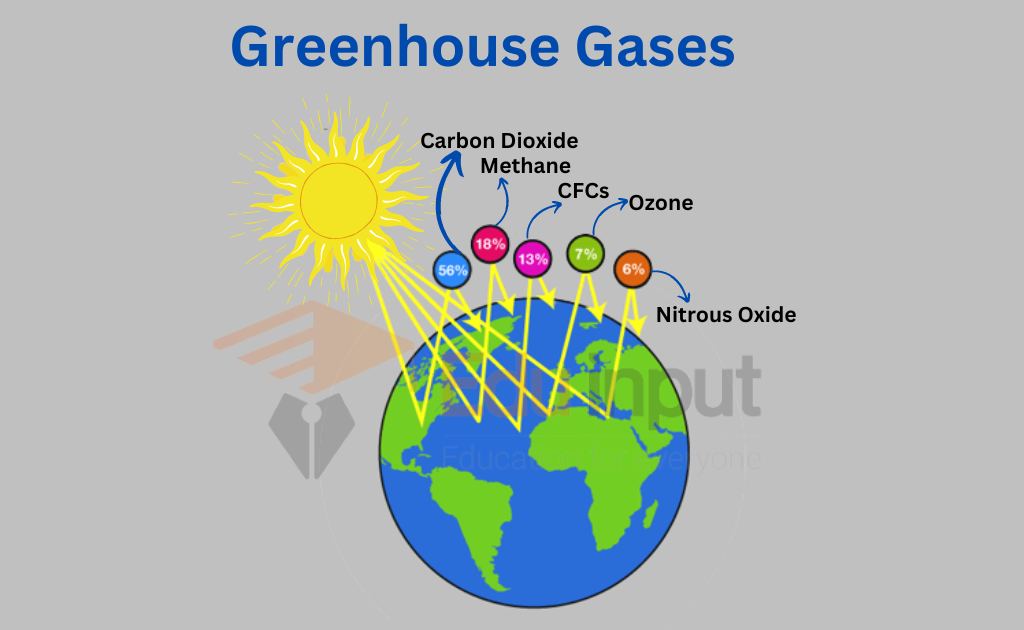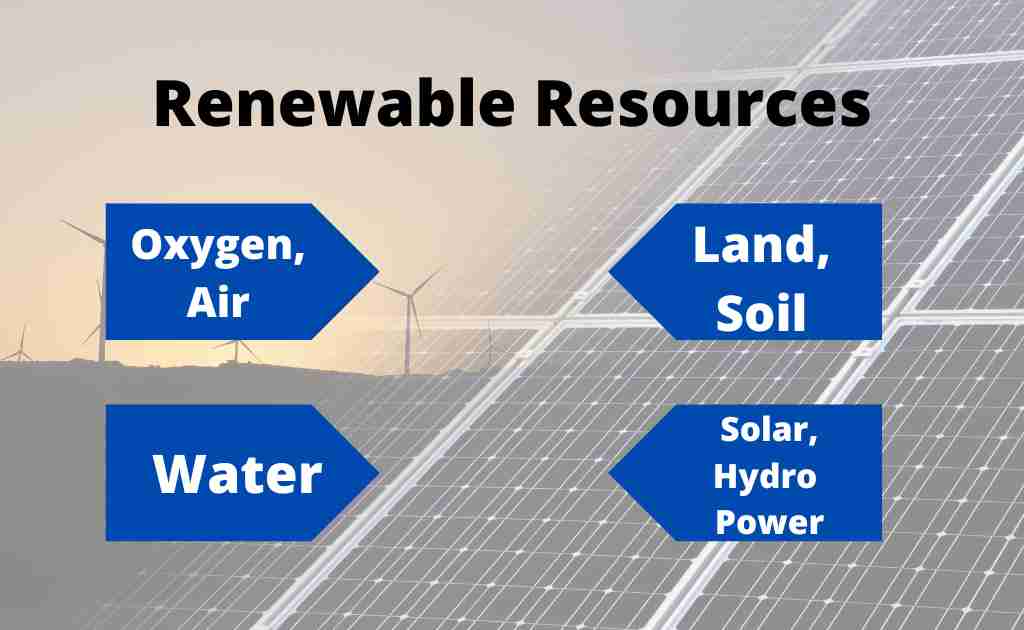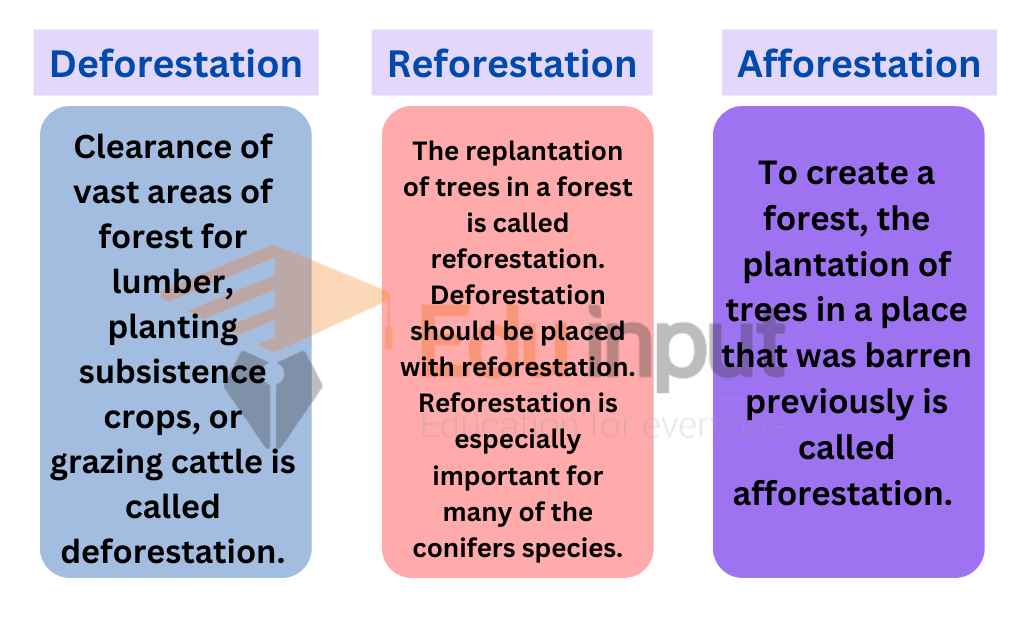What is Greenhouse Effect?-Definition, Causes, And Effects
The greenhouse effect is the natural process by which the earth maintains its normal temperature. It is a natural phenomenon that has been amplified by human activity. Humans create carbon dioxide, water vapor, and other greenhouse gases by burning fossil fuels, creating heat, and maintaining a constant environment.
The resulting changes to the earth’s climate have a significant impact on humans and the natural world.
Greenhouse Effect
The warming of the earth due to the accumulation of gases like CO2, in the environment is called the greenhouse effect. Now more ultraviolet rays reach the earth’s surface. The UV radiations affect all life on earth. The UV causes:
(1) Increase in temperature.
(2) Increase in skin cancers.
(3) Causes cataracts in humans.
(4) They can also affect crops, plants, trees, and even marine plankton.
(5) They distort weather patterns.
Earth’s atmosphere is a crucial component of its climate system. This gas envelops the earth like a blanket and prevents the planet from freezing. It also keeps most of the sun’s heat from reaching the earth’s surface.
The atmosphere contains greenhouse gases such as carbon dioxide, water vapor, and methane; these gases act as a blanket for the earth and contribute to the earth’s temperatures. Earth temperatures have risen over the past century as more and more greenhouse gases have been released into the atmosphere. The increase in these gases has contributed to global warming trends.
The earth maintains a stable temperature because of its natural air conditioners- oceans, oceans of water; clouds, clouds of water; and ice, ice also of water. Each of these natural phenomena contributes to global air circulation and keeps the earth at a comfortable temperature.
However, humans have adapted to hotter climates by building structures to keep cool in summertime conditions. For example, many people live in tropical regions such as Florida or Hawaii. They do this to avoid the harsh winter months they would normally experience in their regions of origin.
Many people move to cooler regions so they can avoid the summertime heat of their home areas. However, some people choose to live in these hotter regions due to economic constraints or out of necessity. They compensate by adopting outdoor lifestyles that keep their bodies cool while they work or exercise.
The result is an abundant supply of greenhouse gas emissions from humans worldwide. For example, many people live in cities with high levels of carbon dioxide emissions from vehicles, factories, and human activities. These emissions contribute to global warming trends as well as local climates.
Human activity amplifies the effects of the greenhouse effect on our planet. We have modified our natural air conditioning by creating unnatural air conditioning via fossil fuels and other activities. This has resulted in serious impacts on ecosystems and human health alike. We must modify our behavior so that our future generations will experience a comfortable temperature range suitable for their needs.
Greenhouses
The greenhouse is a special chamber made up of glass. Plants are grown under these glass chambers. Light rays from the sun penetrate the glass of the greenhouse. This light is absorbed by the plants and soil. Some of this light energy reradiates as infrared radiation (heat). The glass does not permit these rays to escape outside. So the heat remains within the greenhouse.
Greenhouses Gases
The gases which prevent the losses of heat from escaping from the earth are called greenhouse gases, for example, carbon dioxide.

Causes of the Greenhouse Effect
The carbon dioxide in the atmosphere behaves like a glass sheet of a greenhouse. It absorbs the sun’s energy but does not allow it to escape outside Therefore, the temperature of the atmosphere increases. This increase in temperature is known as the greenhouse effect. Urbanization, deforestation, and industrialization are the causes of the greenhouse effect.
Effects of Greenhouse Effects
The greenhouse effect is increasing the temperature on earth. This increase in temperature is called global warming. It can cause rapid melting of ice causes floods, and the path of major air and ocean currents affect the global weather conditions.
Related FAQs
What are the five major greenhouse effects?
There are some effects of greenhouse effects in daily life.
(1) Increase in temperature.
(2) Increase in skin cancers.
(3) Causes cataracts in humans.
(4) They can also affect crops, plants, trees, and even marine plankton.
(5) They distort weather patterns.
Why are greenhouse gases harmful?
Greenhouse gases cause climate change by trapping heat, and they also contribute to respiratory disease from air pollution. Climate change caused by greenhouse gases can result in extreme weather, food supply disruptions, and increased wildfires.
How greenhouse effect cause global warming?
The greenhouse effect is caused by some gases in the Earth’s atmosphere trapping the sun’s heat and preventing it from leaking back into space and causing global warming.
What are the major sources of greenhouse gases?
These are some major sources of greenhouse gases.
Electric Power.
Transportation.
Industry.
Commercial/Residential.
Agriculture.
Land Use/Forestry





Leave a Reply